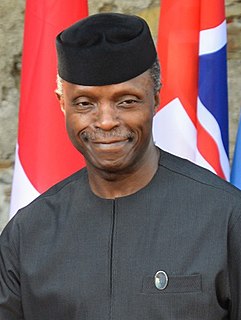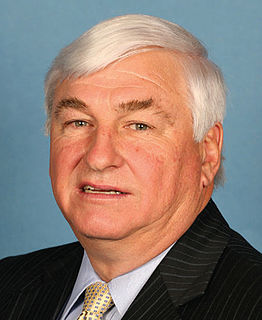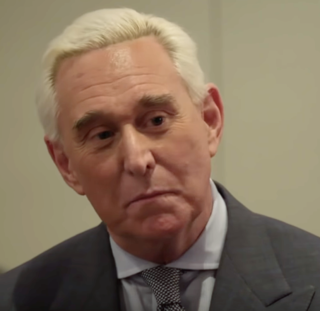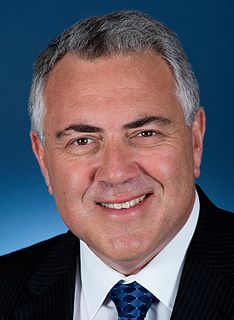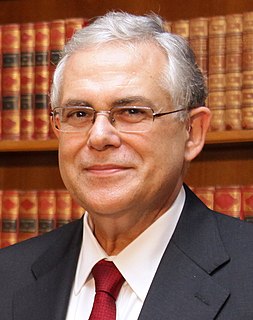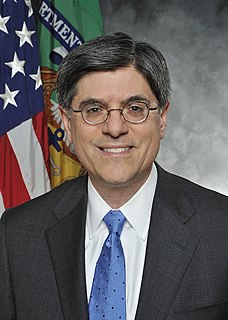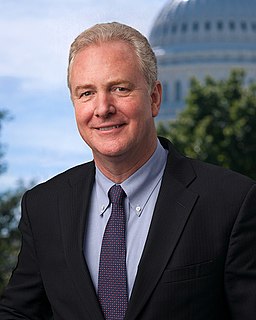Top 1200 Fiscal Policy Quotes & Sayings
Explore popular Fiscal Policy quotes.
Last updated on December 18, 2024.
A wide range of possible fiscal policy tools and approaches could enhance the cyclical stability of the economy. For example, steps could be taken to increase the effectiveness of the automatic stabilizers, and some economists have proposed that greater fiscal support could be usefully provided to state and local governments during recessions.
[T]he next time you hear serious-sounding people explaining the need for fiscal austerity, try to parse their argument. Almost surely, you'll discover that what sounds like hardheaded realism actually rests on a foundation of fantasy, on the belief that invisible vigilantes will punish us if we're bad and the confidence fairy will reward us if we're good. And real-world policy - policy that will blight the lives of millions of working families - is being built on that foundation.
I believe, unlike people that are totally free-market, laissez-faire fundamentalists, that there is an important role that the government can play - one, in providing public goods, whether it's education, health care, or other things, and two, supervising countercyclical policy - stimulus, whether it's monetary, fiscal, or otherwise.
There is a big divergence between views on a variety of policy issues from fiscal stimulus to financial regulation. It's my hope and my ambition for the economics profession that as we advance our knowledge, that those discussions will narrow in their focus, and that it will help to have more prudent policy-making down the road.
I'm not trying to be diplomatic. I'm trying to be more nuanced and realistic. I think there has to be a serious examination of the shortcomings of the Euro structure. Euro central institutions, whether it be fiscal policy, monetary policy, financial regulation, are simply not as robust as they are in a currency that has a national government behind it.
The policy that received more attention particularly in the past decade and a half or so has been the US cocaine policy, the differential treatment of crack versus powder cocaine and question is how my research impacted my view on policy. Clearly that policy is not based on the weight of the scientific evidence. That is when the policy was implemented, the concern about crack cocaine was so great that something had to be done and congress acted in the only way they knew how, they passed policy and that's what a responsible society should do.






